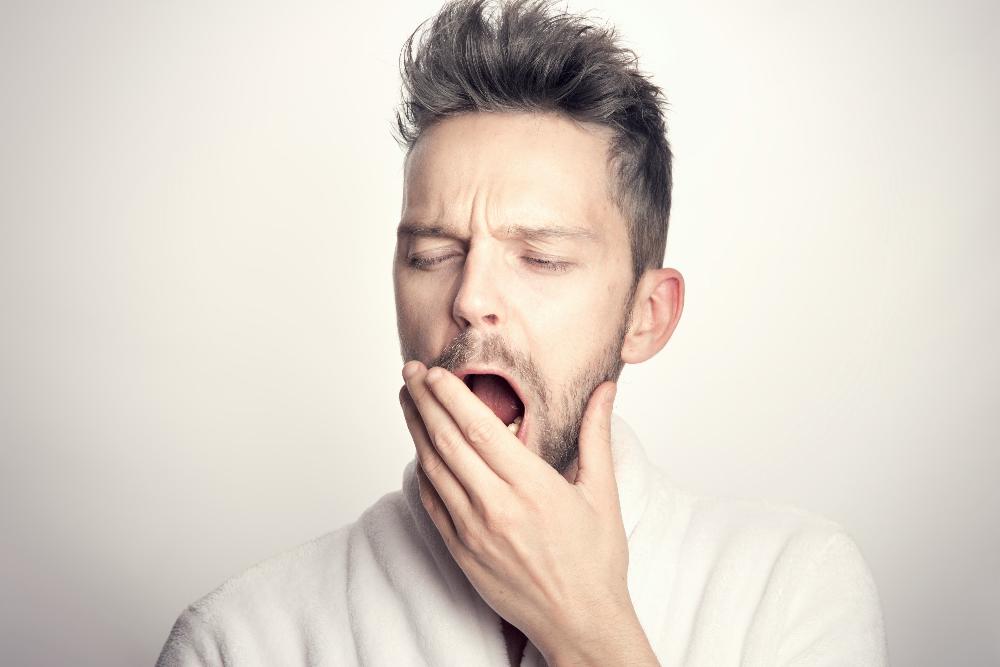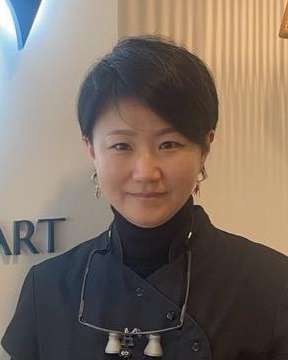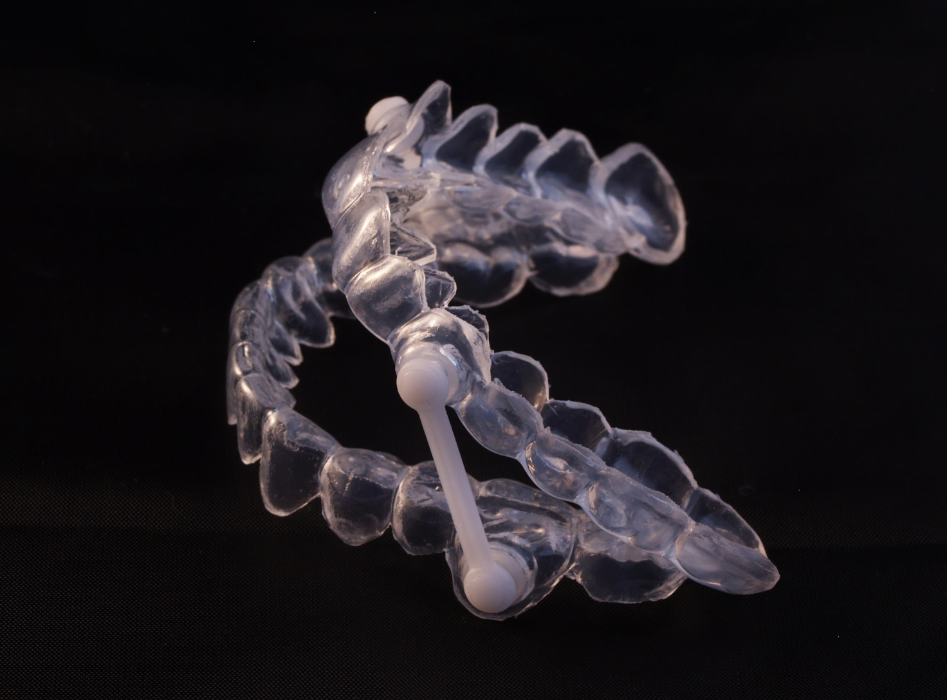What Is Bruxism?
 Bruxism refers to the habitual grinding or clenching of teeth, typically occurring during sleep but sometimes during the day as well. While it’s a common condition, it often goes unnoticed by the person who is affected because it typically happens during sleep. Bruxism can be a result of stress, anxiety or even misalignment of the teeth and jaw.
Bruxism refers to the habitual grinding or clenching of teeth, typically occurring during sleep but sometimes during the day as well. While it’s a common condition, it often goes unnoticed by the person who is affected because it typically happens during sleep. Bruxism can be a result of stress, anxiety or even misalignment of the teeth and jaw.
Common Symptoms of Bruxism
Bruxism can lead to a variety of dental and physical symptoms, which may include:
- Worn Teeth — Persistent grinding can cause teeth to become flattened or chipped.
- Jaw Pain or Tightness — Similar to TMD, the muscles around the jaw can become sore from frequent clenching and grinding.
- Headaches — People with bruxism often experience morning headaches due to muscle strain in the jaw and head.
- Tooth Sensitivity — Grinding can wear down enamel, leading to increased sensitivity to hot, cold or sweet foods.
- Earaches — Bruxism can cause pain that radiates into the ear.
How to Find Out If You Have TMD or Bruxism
If you suspect you have TMD or bruxism, the first step is to arrange a consultation with your dentist in Mitcham, VIC. We'll perform a thorough dental exam to check any issues with your bite, jaw alignment or wear patterns on your teeth. Dr Kang may ask about your symptoms, such as pain, difficulty chewing or if you have frequent headaches.
For bruxism, Dr Kang will look for signs of worn-down teeth or damage to dental restorations like fillings or crowns. If there are signs of bruxism, we may recommend wearing a custom nightguard during sleep to protect your teeth from further damage.

 Temporomandibular joint disorder (TMD) and bruxism are common yet often overlooked conditions that can significantly affect your dental health, causing pain, discomfort and even long-term damage if left untreated. Both conditions are related to the muscles and joints of the jaw, but they can manifest in different ways. Mitcham Central Dental provides TMD and bruxism treatment so you can reclaim your oral health—and promote a pain-free life!
Temporomandibular joint disorder (TMD) and bruxism are common yet often overlooked conditions that can significantly affect your dental health, causing pain, discomfort and even long-term damage if left untreated. Both conditions are related to the muscles and joints of the jaw, but they can manifest in different ways. Mitcham Central Dental provides TMD and bruxism treatment so you can reclaim your oral health—and promote a pain-free life!
 The treatment of TMD and bruxism involves addressing not just the symptoms but the root causes of these conditions. Our holistic approach focuses on restoring balance to the body’s natural systems and promoting healing through non-invasive methods whenever possible.
The treatment of TMD and bruxism involves addressing not just the symptoms but the root causes of these conditions. Our holistic approach focuses on restoring balance to the body’s natural systems and promoting healing through non-invasive methods whenever possible.